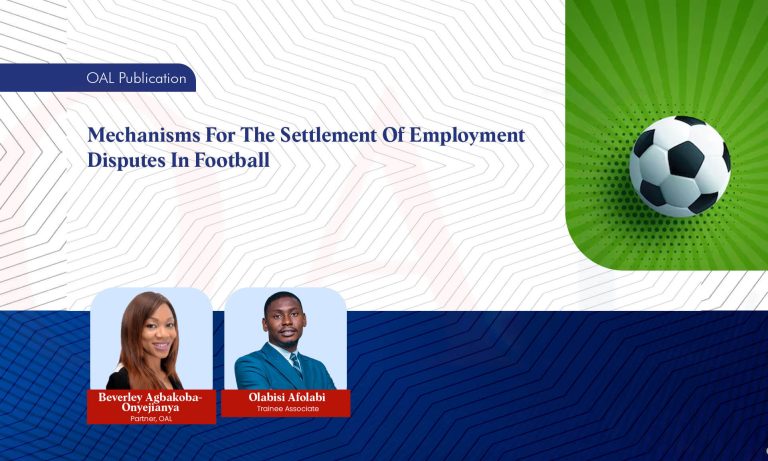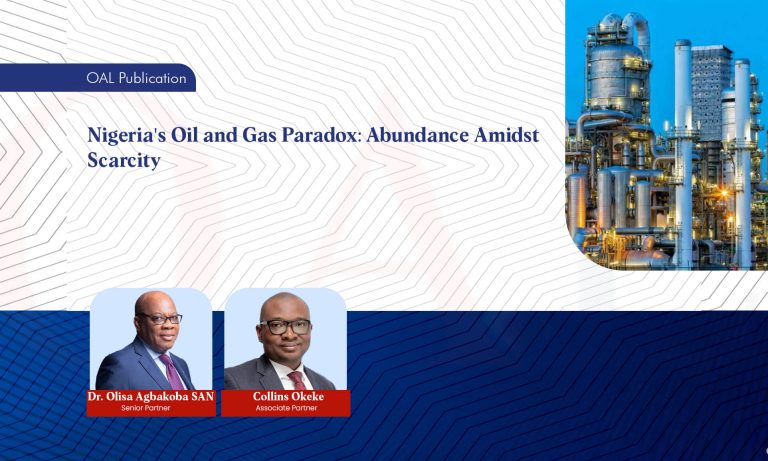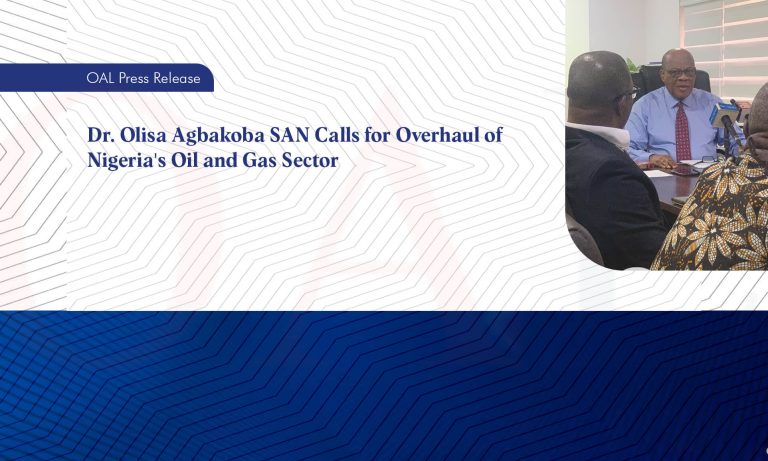

This issue is important because the National Assembly always seems to usurp the powers of the Independent National Electoral Commission (INEC) to regulate election details such as the date and order of elections, the voting procedure including the transmission of election results.
It is often forgotten that INEC is a body created by the Constitution and its powers to organize, undertake and supervise elections are from the Constitution. What this means is that INEC is the primary constitutional regulator of the electoral process in Nigeria.
The assumption of the National Assembly that it has overriding authority with powers to regulate all aspects of elections in Nigeria is wrong. That is not the position of our law. The National Assembly can legislate on elections in so far as it does not usurp or fetter the constitutional powers of INEC.
The Law
Paragraph 15 of Part 1 of the Third Schedule to the 1999 Constitution sets out the powers of INEC. It provides that INEC shall organize, undertake and supervise all elections to the offices of the President and Vice-President, the Governor and Deputy Governor of a State, and the membership of the Senate, the House of Representatives, and the House of Assembly of each State of the Federation amongst other regulatory powers.
This includes the powers to issue regulations and guidelines as to the date and order of elections, the voting procedure including the transmission of election results. Section 158 of the Constitution provides that INEC is to exercise these powers independently not subject to direction or control of any authority or person.
Cases
In a plethora of cases, the courts have established that INEC is the primary regulator of elections in Nigeria. In PDP V. SYLVA (2012) 13 NWLR (PT 1316) 85 the respondent challenged the decision of the INEC to cancel and reschedule the 2012 governorship election in Bayelsa State.
In dismissing the contention, the Supreme Court (per Rhodes Vivour JSC) held that “INEC has the sole responsibility to fix dates for election and to my mind, if INEC fixes a date for elections and whatever reason, be it logistic, I do not think anyone has a cause of action against INEC for canceling an election (not held) and rescheduling elections for another day”.
Similarly, in NDP V INEC (2013) 20 WRN 1 at 45 the Supreme Court (per Ariwoola J.S.C.) held that “It is not in doubt that the Independent National Electoral Commission (INEC) that is, the respondent, has the sole responsibility to decide when elections are to hold. See Peoples Democratic Party v Timipre Sylva & Ors (2012) 13 NWLR (Pt 1316) 85 at 122. The respondent also reserves the prerogative to decide what Timetable of Activities to publish for a General Election.”
Furthermore, in HON. JAMES ABIODUN FALEKE V INEC (2016) 50 WRN 1 the Supreme Court reiterated the view that by virtue of paragraph 15 of Part 1 of the Third Schedule made pursuant to section 153 (1) (f) and (i) of the Constitution, the Independent National Electoral Commission has the power to organize, undertake and supervise all elections to the offices of the President, Vice President, the Governor and Deputy Governor of a State and the membership of the Senate, the House of Representatives and the House of Assembly of each state of the Federation.
The court has further held that the National Assembly through the Electoral Act cannot usurp or fetter the constitutional powers of INEC. In NATIONAL ASSEMBLY V. PRESIDENT (2003) 9 NWLR (PT 824) 104 AT 143-144, Oduyemi J.C.A (as he then was) in contributing to the Judgement stated as follows: “in so far as Section 15 of the Electoral Act, 2002 seeks to fetter that discretion and limit the 3rd Defendant to only one day in the year for all elections to the offices concerned, that provision of the Act is inconsistent with the provisions of the Constitution above referred to and is to that extent a nullity. Section 1(3) of the Constitution…
All in all, I agree with the reasoning in the judgment of the lower court and with the conclusion in the judgment that Section 15 of the Electoral Act, 2002 is inconsistent with the specific provisions of the Constitution of the Federal Republic of Nigeria, 1999 in Section 132(1), 76(1), 178(1), 116(1), 78, 118 and Item 15(a) of the 3rd Schedule: that it infringes upon the absolute discretion vested by the Constitution on the 3rd Respondent with regard to the fixing of dates for election into the various offices concerned.”
Conclusion
These decisions are imperative in light of the President’s decision to withhold assent to the Electoral Act (Amendment) Bill 2021; and the uncertainty as to what happens to innovative provisions in the Electoral Act (Amendment) Bill such as the electronic transmission of election results.
INEC as the primary constitutional regulator of the electoral process in Nigeria can make regulations on electronic transmission of election results. It may also consider approaching the court to declare its powers to make regulations on electronic transmission of election results as is it part of organizing, undertaking, and supervising elections.
Written By:
Collins Okeke
Collins Okeke is the Head of Public Sector Practice Group, an aspect of law that examines the role of laws, institutions and legal systems in both domestic and international jurisdictions.
Author




